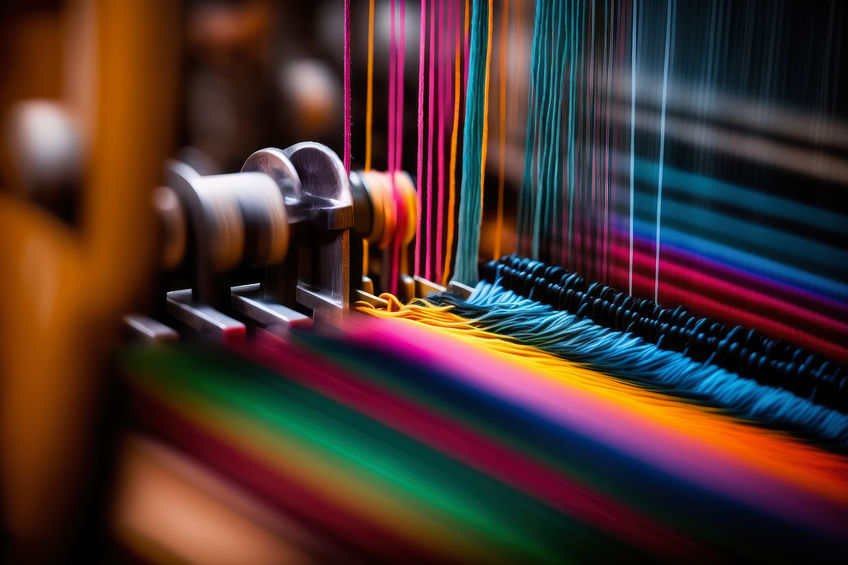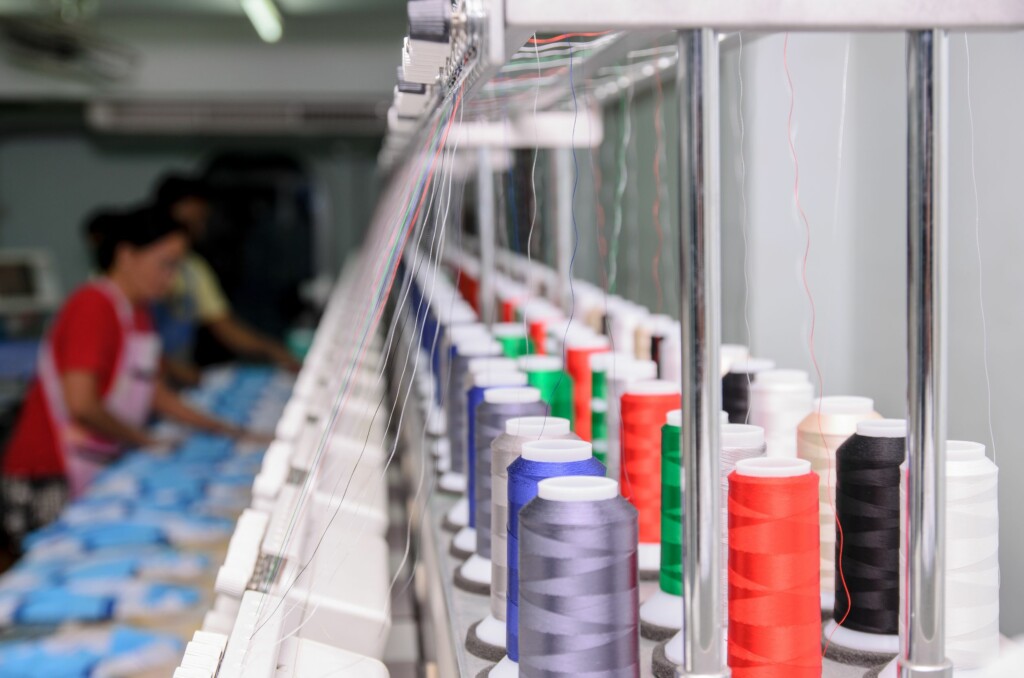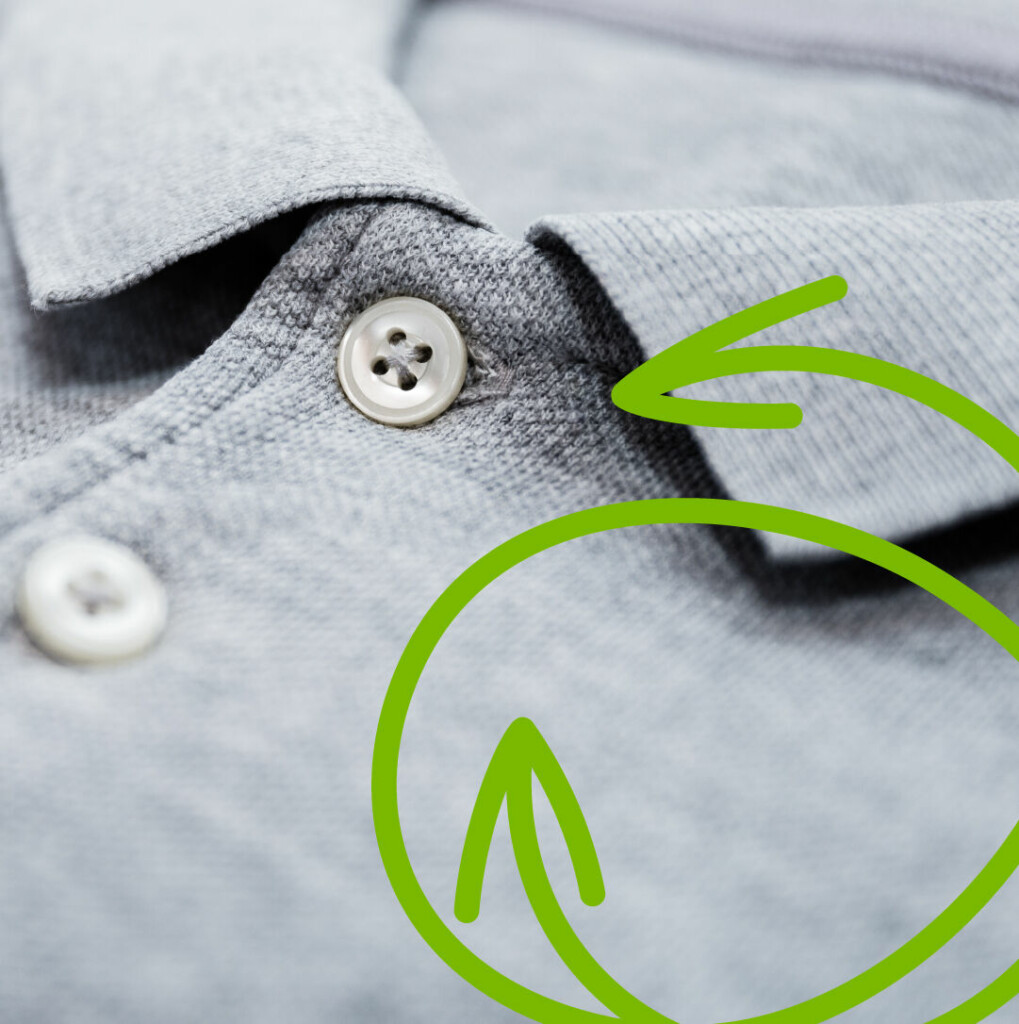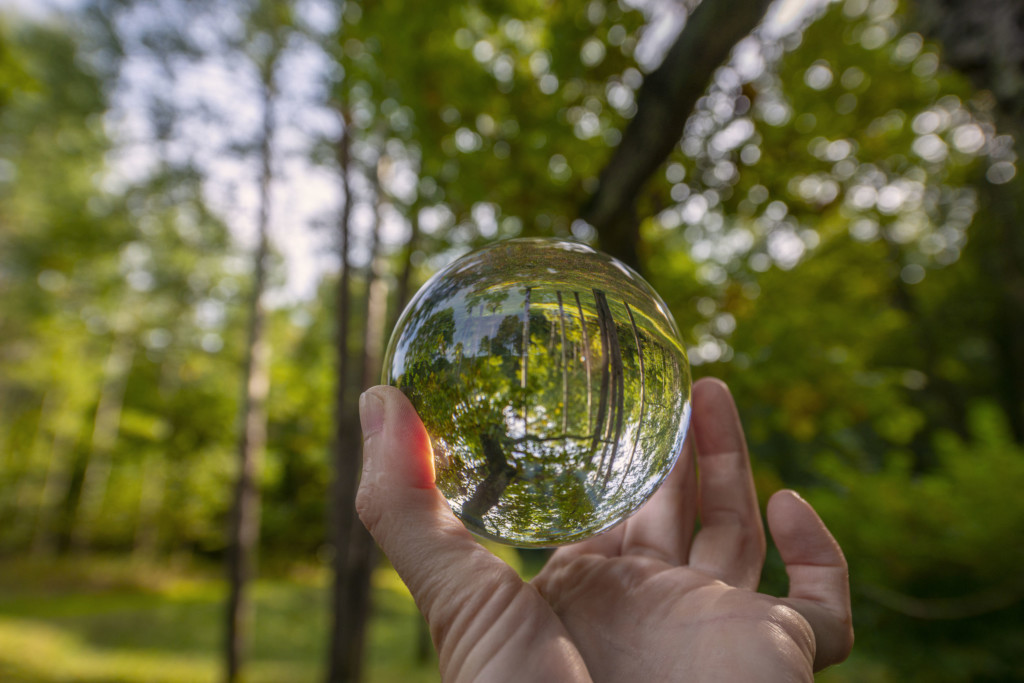
Promoting sustainable textile production in Pakistan
Kohinoor Textile Mills Limited (KTML) is a textile manufacturer based in Pakistan and one of Lindström’s key hotel textile suppliers. The company has made great strides in sustainability, using renewable energy throughout the production process to reduce its emissions.
Established in 1953, KTML is one of the oldest companies in Pakistan, with over 60 years of textile manufacturing experience. But it’s not just a textile company. KTML is a responsible corporate citizen committed to promoting sustainable industrialisation. Additionally, making meaningful contributions to the United Nations’ Sustainable Development Goals.
“Many textile mills in Pakistan don’t even think about sustainability. Our journey towards sustainability is not just a checkbox. Rather, it is a steadfast commitment. We want to shape a better world for generations to come,” says Khalid Munir, Marketing Manager at KTML.
KTML has been supplying Lindström with hotel textiles for over 10 years. During the last supplier audit, Lindström’s Director for Sustainable Procurement, Kristiina Tiilikainen, and Global Category Manager Sari Leimi were impressed by how much progress the company had made. Particularly, in terms of environmental conservation, social responsibility, and economic growth.
Taking a holistic approach to sustainability
KTML takes a multifaceted approach to sustainable energy. They embrace solar power and other advanced technologies and responsible practices to reduce its overall environmental impact.
Green energy
KTML started leveraging solar energy in 2017. It was as part of its goal to be the first textile manufacturer in Pakistan to have zero carbon emissions. Starting with a concept test base, KTML wanted to see if its vision of shifting to renewable energy was viable in the Pakistani market.
“Looking back on our journey, it fills me with immense pride. Not only did we successfully pull off the projects on a grand scale, but we also blazed the way for other textile companies. We showed that it was possible to care about the environment without losing profitability,” says Khalid.
By using solar energy, KTML significantly reduced its per unit energy generation cost. “Having less payback period makes solar energy one of the most cost-efficient projects,” says Khalid.
In addition to solar energy, KTML uses Jenbacher gas engines to generate electricity. They control exhaust emissions and minimise the release of harmful pollutants into the atmosphere. The company also uses waste heat to generate steam, further enhancing its energy efficiency.
Water conservation
Addressing water scarcity in Pakistan, KTML has a wastewater treatment plant that recycles 85% of the company’s wastewater. But KTML doesn’t stop at treating the water. Through a continuous recycling process, KTML passes water through several filtering systems. It then runs through a reverse osmosis plan before giving it back to the processing unit. The company also has a rainwater harvesting lake of 23,000 cubic metres.
“With a 25% reduction in freshwater consumption and a rainwater collection reservoir capacity of 6 million gallons, we’re actively contributing to a more sustainable use of this precious resource,” says Khalid.
Kristiina adds: “Every time water is needed in any process at Kohinoor, the people very carefully consider whether they need to use clean fresh water or if they can use recycled water. They always strive to do things in the best possible way from the point of view of nature and the environment.”
Responsible manufacturing
KTML only uses ZDHC certified dyes and chemicals. This ensures that its operations have a minimal impact on waterways and the environment. The company even goes beyond ZDHC version 2.1. They include certifications such as Oeko Tex, ensuring its textiles meet stringent environmental and social criteria.
What’s more, KTML recycles 20 tons of denim and hard waste on a daily basis. This amounts to 600 tons per month.
“Based on the discussions I’ve had with everybody at Kohinoor, they would have pushed forward these sustainability initiatives even without Lindström. But of course, our interest in sustainability issues, energy saving, and water conservation efforts has proven to them that they’ve chosen the correct path towards more sustainable production,” says Kristiina.
Social responsibility
KTML places a high priority on the wellbeing of its employees and community, offering a living wage that includes free company-provided housing and utilities. “We are the only textile factory in this Punjab region so we have to take care of the employees,” says Khalid.
As an equal employment opportunity (EEO) employer, KTML champions the rights of all employees, fostering diversity, equity, and inclusion within the organisation.
Making a positive impact together
Kristiina shares her appreciation for KTML’s efforts towards sustainability: “We could easily find cheaper suppliers in Pakistan but they wouldn’t fulfil our sustainability requirements. We do not work with companies who don’t take sustainability issues seriously. With Kohinoor, it has always been easy to discuss these issues because we have the same mindset.”
KTML plans to continue developing its sustainability initiatives. For example, the company is expanding its ultra-filtration plant for recycling purpose. They are installing a second rainwater harvesting lake to its premises as well as a new sewage treatment plant. KTML is also planning to install a new 4MW solar project. The aim is for zero carbon emissions in the Rawalpindi Division.
“Our sustainability initiatives not only reduce our environmental impact but also enhance global awareness regarding green energy. Our advice to other textile manufacturers in the region would be to invest as much as possible in water recyclability and conservation,” concludes Khalid.
Learn more about our sustainability work, including our mission to avoid the overproduction of textiles and optimise the use of natural resources.





